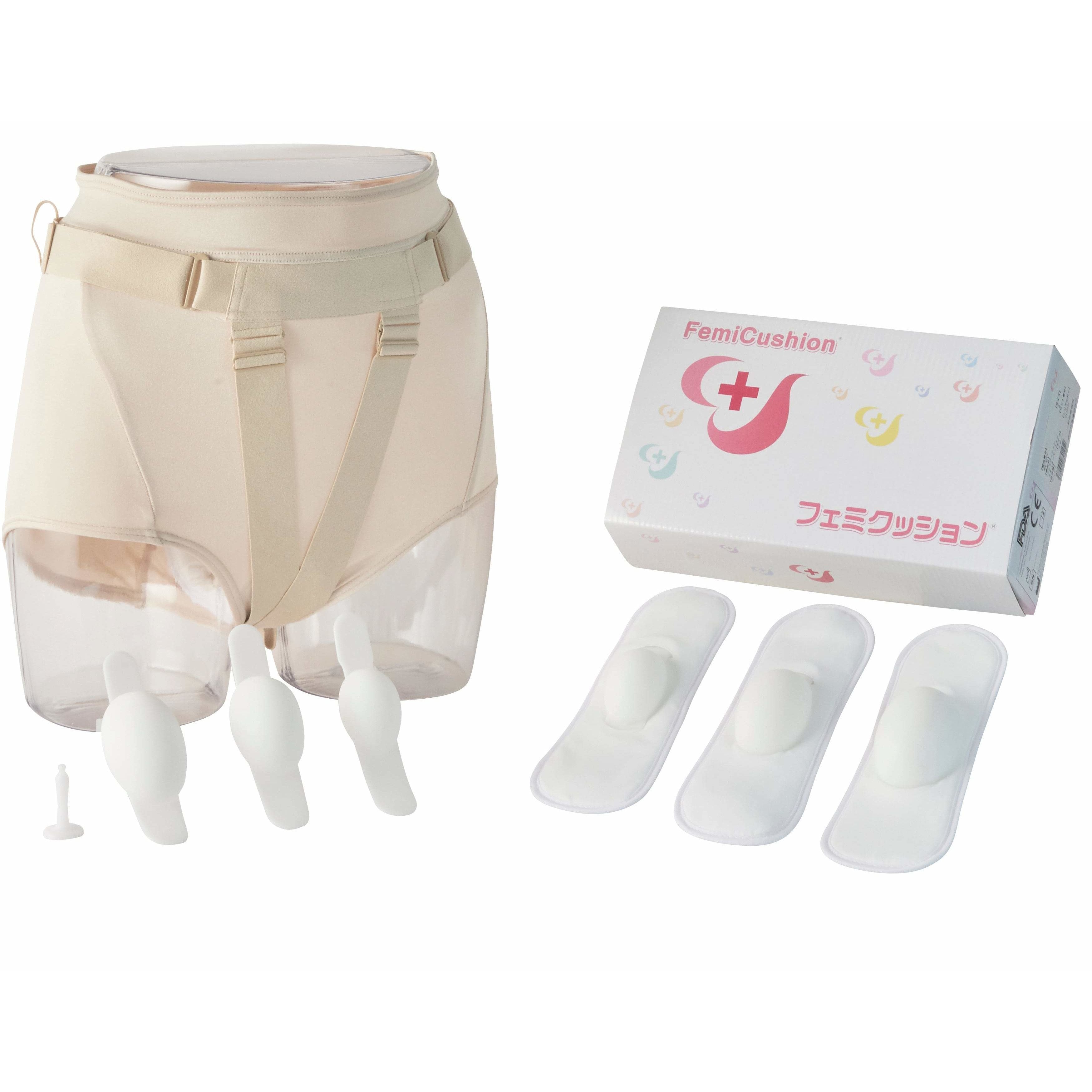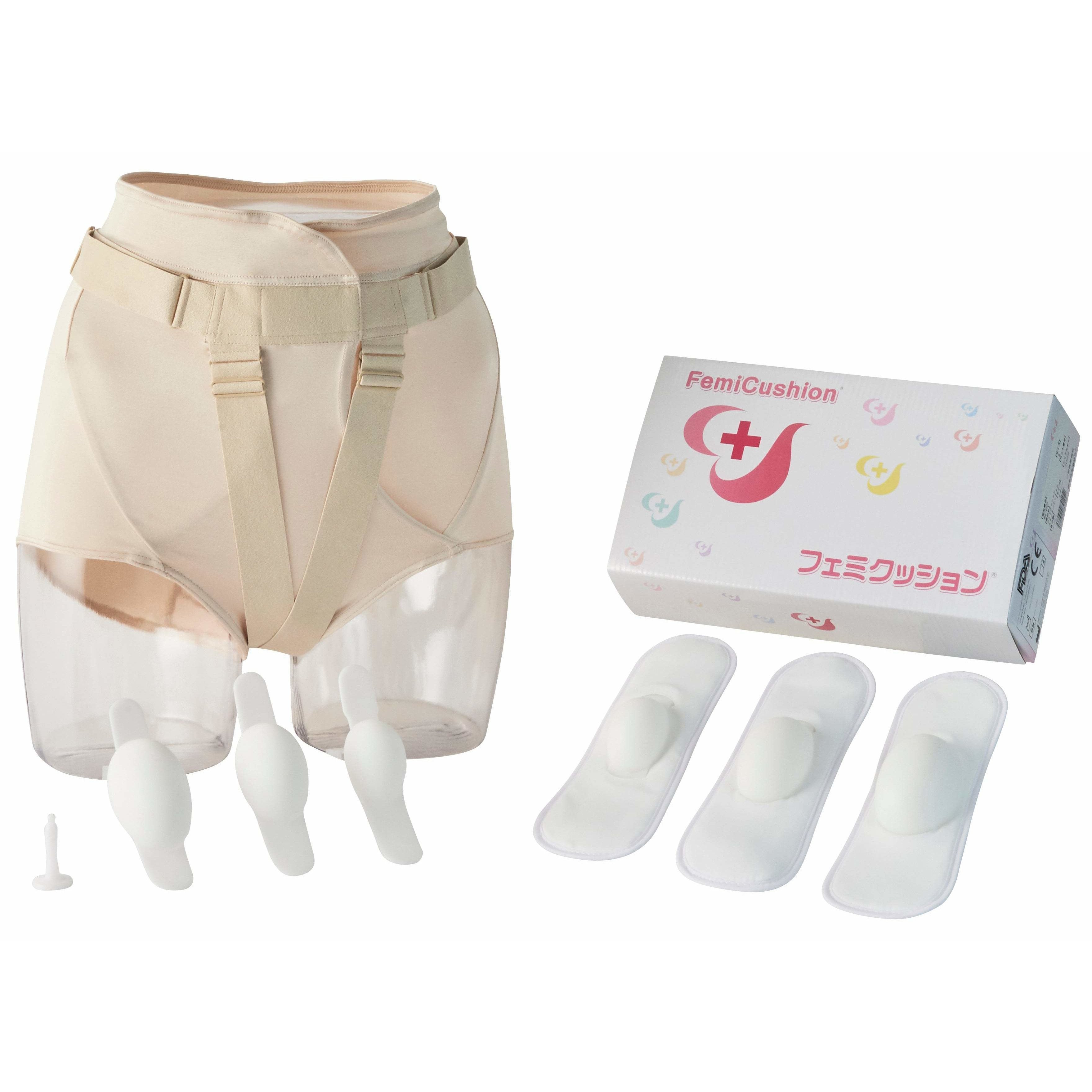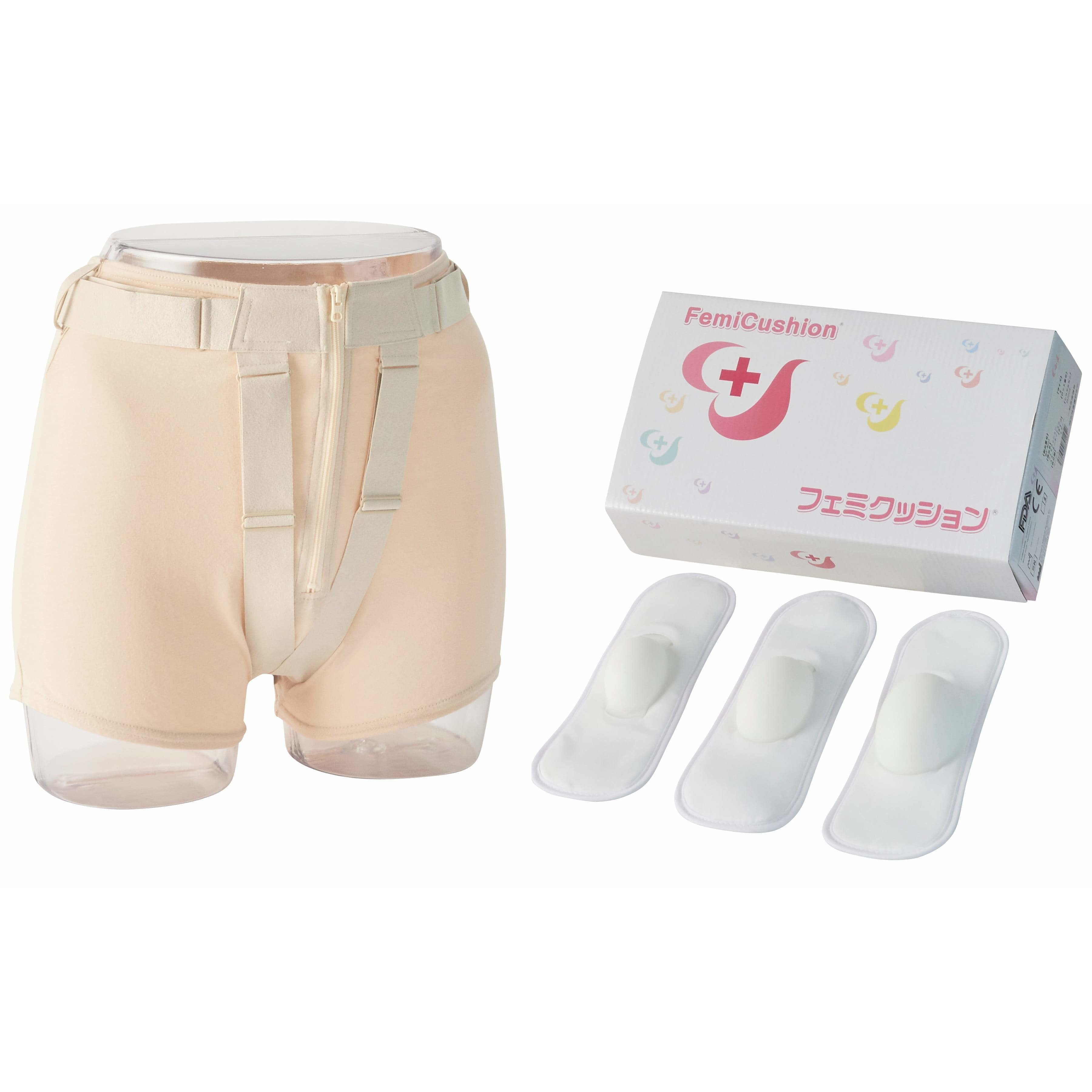Vaginal Discharge, Treatment, Abnormal Symptoms and Self-Care: Doctor's Advice
Summary
Table of Contents

Our bodies are wonderful things and they often give us signals about our health. One of the signals about vaginal health is provided through the fluid it produces.
While the phrase “vaginal discharge” may sound mildly unpleasant, it is a totally normal and necessary part of the female body’s natural processes. In fact, without vaginal fluid, the cervix and vagina would not function healthily.
Therefore, it’s beneficial to learn more about vaginal discharge to recognize the signals of a normally functioning reproductive system, or if there is an underlying health condition.
What is vaginal discharge?
Vaginal discharge changes at different points in our lives or when the body is going through different experiences. But what exactly is it?
Glands inside the vagina and cervix produce a fluid that is used to remove dead cells and bacteria. The color, consistency, odor, and amount of fluid discharged from the vagina can vary.
Normally, vaginal discharge is clear or white. But we should expect changes to vaginal fluid to happen during the menstrual cycle, during ovulation, at different stages of pregnancy, during menopause, when breastfeeding, during sexual arousal or if we have experienced pelvic organ prolapse. Discharge can also change when we are undergoing treatment for health conditions or taking medication. However, there are certain signs that might indicate when it’s time to seek medical advice.
Abnormal Symptoms of Vaginal Discharge and Causes
Even when vaginal discharge changes significantly, there may be no cause for alarm. But, it’s reassuring at these times to get a diagnosis from a medical professional.
The bacteria that the vagina and cervix discharge can often affect the smell, color and texture. But if the color changes significantly it might be a symptom of an infection, pelvic injury, or other health condition.
Below we have covered a few symptoms and possible causes. But we’d always recommend seeking professional advice if you are concerned about changes to your vaginal discharge.
We’ll look at a few common abnormal symptoms of vaginal discharge and what these might mean:
- Bloody or brown discharge: Bleeding or discharge, outside the times when you are menstruating, could indicate an internal injury or, less often, cervical or endometrial cancer.
- Pink: This symptom could be menstrual pre-spotting or the uterus lining shedding after childbirth.
- Thick and lumpy: It’s possible that a cottage cheese-like discharge could indicate a yeast infection. This may also be accompanied by vulval swelling and itching.
- Gray, yellow or with an unpleasant smell: Vaginal discharges with these symptoms could indicate an infection, such as an STI or other bacterial infection.
Vaginal Discharge and Pelvic Organ Prolapse
Another significant cause of an abnormal symptom of vaginal discharge could be pelvic organ prolapse. Things to look out for are pink, blood-spotted, or smelly vaginal discharge. A sufferer may also experience more vaginal discharge than normal. Along with the changes in vaginal fluid, sufferers may also experience discomfort or pain during sexual intercourse and pain in their vagina, back or stomach. Sometimes these symptoms increase after long periods of standing or lying down. If these symptoms appear, it’s important to get confirmation of pelvic organ prolapse from your doctor or gynecologist.
The Importance of Vaginal Wellness: Integrating Self-Care for a Healthy Vagina
It’s so easy to ignore our vaginal health, but the vagina should be included in our self-care routines. There are a number of healthy habits that promote vaginal wellness:
Hygiene is key to our body's general well-being, and the vagina needs just as much care as our skincare routine. Because of the natural flora that maintains our vaginal health, it’s important to use gentle products when cleaning this sensitive area.
Our sexual health should always be a priority. Be sure to practice safe sex and avoid introducing harsh chemicals into the vagina that might cause infection.
Natural clothing materials used in undergarments will help the vaginal and vulva area breathe easily. Cotton is recommended because it is a breathable fabric that absorbs moisture with a drying effect.
Make choices that might affect vaginal health carefully. If the pubic area is shaved it should be done carefully to avoid infection. Change sanitary products regularly and choose products that have as many natural materials as possible.
Recommendation to Use Pelvic Supporter/belt
For women with pelvic organ prolapse, you will want to relieve the accompanying pain and support your body during recovery. Luckily, there are a number of ways you can treat prolapse pain relief. This pain can be treated traditionally and there are alternative treatment options available too.
Taking over-the-counter or prescribed pain relief will help you live with pelvic organ prolapse more comfortably. Massage, acupuncture and alternative therapies may also help manage pain.
To control the accompanying discharge of prolapse, some may consider using a vaginal pessary. But this isn’t the only option.
FemiCushion, is the perfect alternative support option for sufferers of pelvic organ prolapse. It’s non-invasive, easy to wear and offers 8 hours of vaginal support. And as it is CE-approved and an FDA Class 1 medical support option, it gives sufferers the confidence that they are making the right choice for their bodies. For more information on this noninvasive support garment, please see our frequently asked questions page. You can also contact us with any concerns you may have.
Supervising Doctor of This Article

Koichi Nagao, MD PhD
Professor, Department of Urology, Toho University Faculty of Medicine
Director of Urinary tract reconstruction center, Toho University Omori Medical Center
Director of Reproduction Center, Toho University Omori Medical Center
Professor Nagao specializes in plastic surgery in the field of reproductive medicine. He completed eight years of plastic surgery training at Showa University before majoring in urology at Toho University. With his meticulous surgical techniques and careful examinations that combines urology and plastic surgery, Professor Nagao became a Board Certified Specialist with multiple associations including the Japanese Urological Association, the Japan Society for Reproductive Medicine, and the Japanese Society for Sexual Medicine.
The suggested Products

مجموعة أدوات Deluxe Standard Deluxe Kit
$299.99

مجموعة FemiCushion EasyOpen Deluxe
$299.99

مجموعة أدوات FemiCuslion Lite
$249.99
